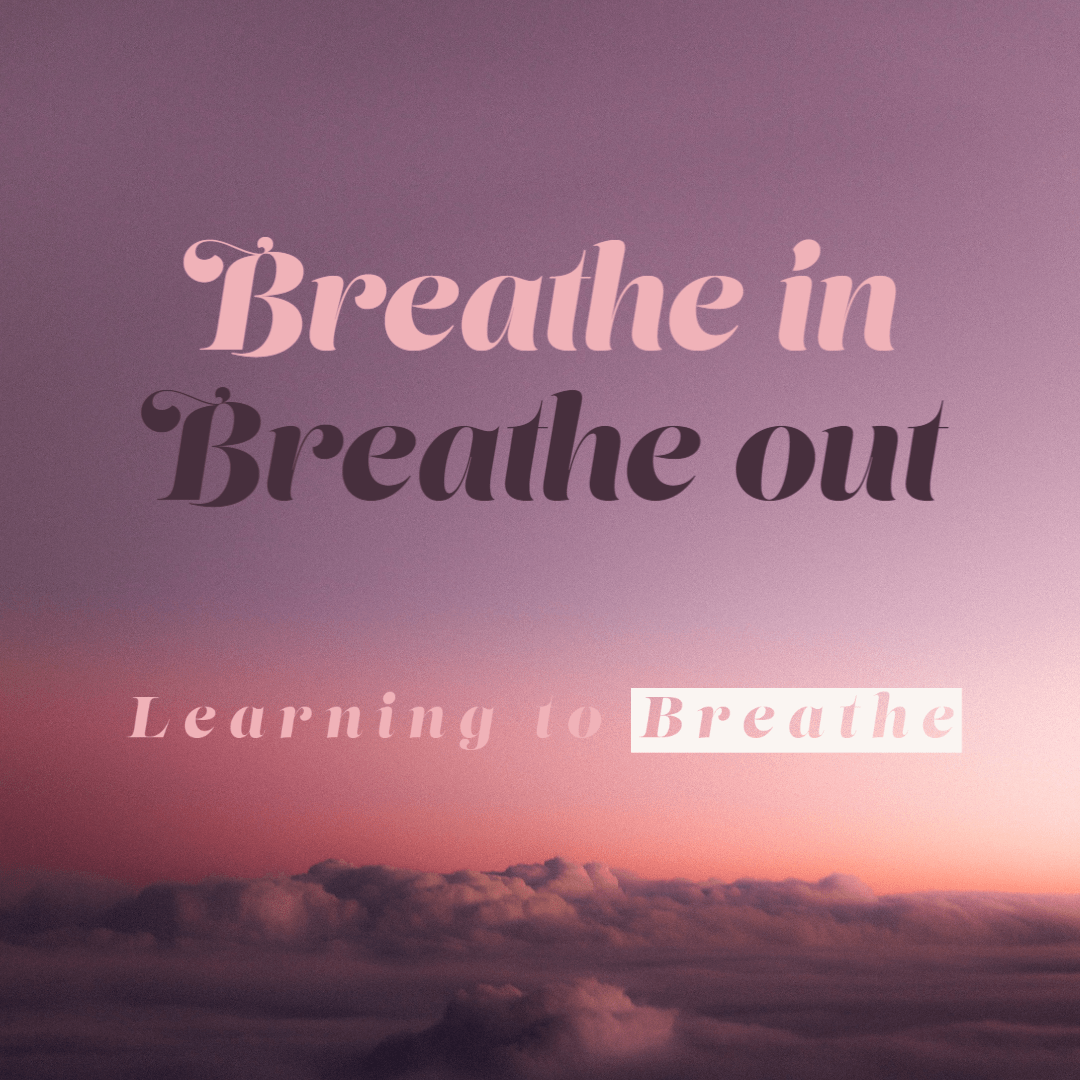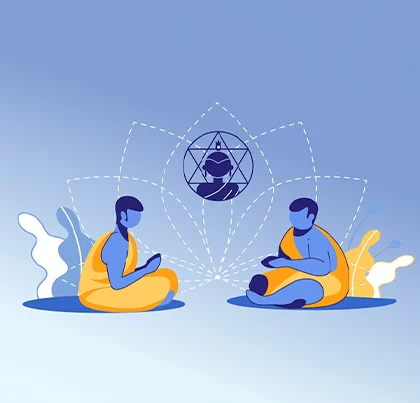Learning to Breathe

The idea that breathing is something that one has to learn how to do seems odd at the outset. However, there is a proper way that breathing can be done when dealing with urges in addiction, or mental health issues such as anxiety attacks. Being aware of how one is breathing at any point in time as well as how one can address their breathing can create a step back into a sense of clarity that begins the process towards continued healthy living.
Being Aware of Breathing
Whenever there is an urge to use drugs or alcohol after one has detoxed, or whenever an episode of depression or anxiety begins to set in, there is always a biological component that compliments it. Heart rate may increase at the same time that one’s breath begins to become irregular, either taking shallower breaths than usual or at inconsistent timings. Listening and acknowledging the warning signs that one’s body is presenting can help someone gain control over their situation before the rest of the mental obstacles begin to present themselves. Take control over these breathing patterns to set up for controlling the situation going forward.
Learning to breathe in this way serves a second purpose simultaneously. It forces one to focus in on a single aspect of themselves, and then branch out in dealing with a situation. This focus has already served to begin to break down the situation, dealing with a single aspect of each situation at a time instead of facing these daunting feelings as a whole.
When dealing with urges, anxieties, or depression, the feelings can come on fast, and create an all-encompassing atmosphere that feels impossible, formless, all hitting in a single blow on every front. Focusing inward on one’s self, then branching outward separates all of the mental and biological aspects of these issues, and thus makes this perpetual wave more manageable.
Freezing a Moment in Time
Time is another aspect that seems difficult to manage when dealing with any number of issues. Symptoms can set in extraordinarily fast, giving one the feeling like they cannot react in time, even if there are coping mechanisms and grounding skills that have been learned and in place.
This breath can take as long as it needs to, and can feel like the time can be frozen, if even for a second. When dealing with any number of issues, time is one of the most important tools needed to begin coping. It gives that single bit of clarity that one needs in order to be able to utilize all of their other skills in coping with the situation, and it all starts with a single, deep, time-freezing breath. Learning to breathe in such a manner will take time and practice, but it is worth the effort.
Breath of Fresh Air
Nature has its role to play in all of this as well. The idea of a “breath of fresh air” gains its connotation with a sense of freedom that comes with the feeling of being outside, unrestrained, and implies a feeling of happiness and weightlessness. The air that one takes in can be just as important as the breath itself, and the fresh air brings that sense of freshness internally as well.
However, the importance of these breaths is all only a beginning and can lead to a number of different positive activities and actions. Growing further out from the time and freedom it gives someone at the moment, the awareness of one’s self both internally and externally creates the basis for another ongoing self-care practice: meditation.
Meditation
Meditation, at its core, is a practice that focuses on the internal aspect of one’s own body and mind, while utilizing their environment to their advantage, all in order to gain that sense of freedom and weightlessness from the mental troubles that plague each day, regardless of the source of the stressors and worries.
This internal awareness is crucial in mitigating the symptoms of an addiction or mental health issue, and all works in tandem to have the individual constantly in control of the way that their body is acting, their mind is feeling and provides them with the necessary time and clarity—if even for a moment—needed to never again feel that dreaded feeling of losing control again.
Meditation opens the doors to more benefits as well, such as a sense of community that comes with those also looking to practice, and a physical and mental silence that that original breath all worked to create. Those first signs of an attack become under the control of the person, making them that much more well-equipped to deal with whatever may come next. A feeling of freedom internally that makes its way outward, into the real world as one gains more and more agency over their own lives.
Learning to breathe in this way can help when dealing with addictions, mental health, or the tandem of the two in co-occurring disorders. While practicing slow, deep breaths is a step in the right direction, using a number of other coping mechanisms and grounding techniques all have their place in overcoming symptoms while headed forward towards a happier, healthy life. For those looking for that extra kind of care and community, Brighton Recovery Center is available at any step in the recovery process. Championing a sense of togetherness in a judgment-free environment while implementing a reintegration process that keeps recovering individuals active and healthy, Brighton’s program help lay the groundwork for each individual to personalize their own goals of success, and see their own path towards self-actualization. Contact Brighton today at 1-844-479-7035. Please feel free to check out our addiction videos.



